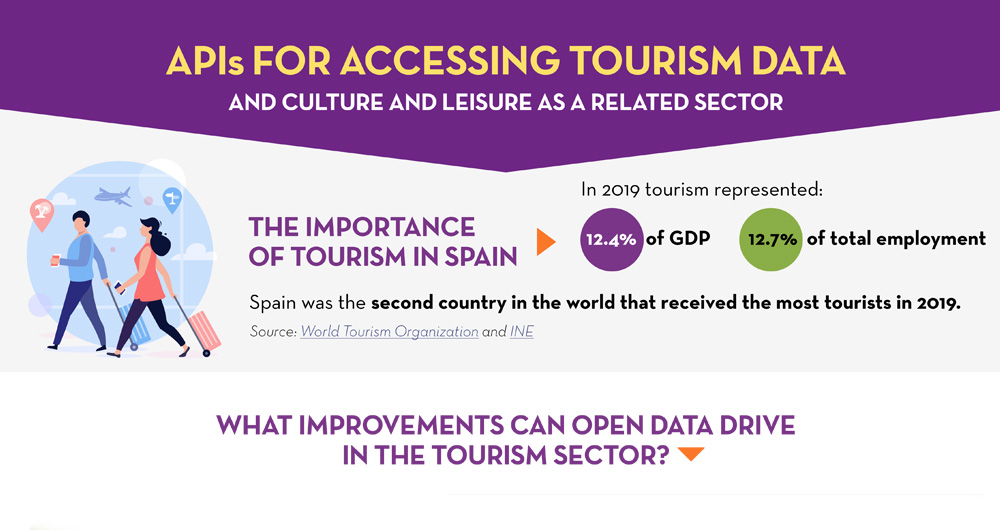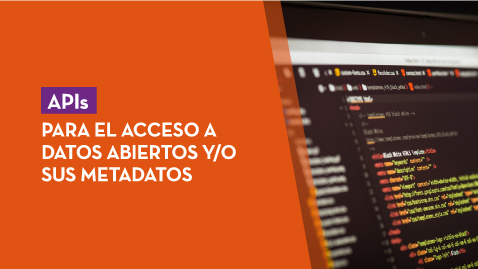16 posts found
10 principles for web development and web API design
Web API design is a fundamental discipline for the development of applications and services, facilitating the fluid exchange of data between different systems. In the context of open data platforms, APIs are particularly important as they allow users to access the information they need automatically…
PET technologies: how to use protected data in a privacy-sensitive way
As organisations seek to harness the potential of data to make decisions, innovate and improve their services, a fundamental challenge arises: how can data collection and use be balanced with respect for privacy? PET technologies attempt to address this challenge. In this post, we will explore what…
Overcoming Data Publishing Challenges with Linked Data Event Streams (LDES)
What challenges do data publishers face?
In today's digital age, information is a strategic asset that drives innovation, transparency and collaboration in all sectors of society. This is why data publishing initiatives have developed enormously as a key mechanism for unlocking the potential of this…
Re3gistry: facilitating the semantic interoperability of data
The INSPIRE (Infrastructure for Spatial Information in Europe) Directive sets out the general rules for the establishment of an Infrastructure for Spatial Information in the European Community based on the Infrastructures of the Member States. Adopted by the European Parliament a…
Chat GPT-3 API The Gateway to Integrations
We continue with the series of posts about Chat GPT-3. The expectation raised by the conversational system more than justifies the publication of several articles about its features and applications. In this post, we take a closer look at one of the latest news published by openAI related to Chat GP…
APIS for accessing and downloading tourism data
Spain was the second country in the world that received the most tourists during 2019, with 83.8 million visitors. That year, tourism activity represented 12.4% of GDP, employing more than 2.2 million people (12.7% of the total). It is therefore a fundamental sector for our economy.
These figures ha…
APIs for open data Access
Last December, the Congress of Deputies approved Royal Decree-Law 24/2021, which included the transposition of Directive (EU) 2019/1024 on open data and the reuse of public sector information. This Royal Decree amends Law 37/2007 on the reuse of public sector information, including new requirements…
The protection of personal data in the draft Data Governance Regulation (Data Governance Act)
Since the initial publication of the draft European Regulation on Data Governance, several steps have been taken during the procedure established for its approval, among which some reports of singular relevance stand out. With regard to the impact of the proposal on the right to the protection of pe…
The value of real-time data through a practical example
Life happens in real time and much of our life, today, takes place in the digital world. Data, our data, is the representation of how we live hybrid experiences between the physical and the virtual. If we want to know what is happening around us, we must analyze the data in real time. In this post,…
Edge computing and its importance in real-time data management
Autonomous vehicles, smart waste management services, trainers that monitor how much we exercise... We live in an increasingly digital and connected environment, with greater similarities to the future we dreamed of as children. It is the so-called Internet of Things (IoT), a network of physical obj…









